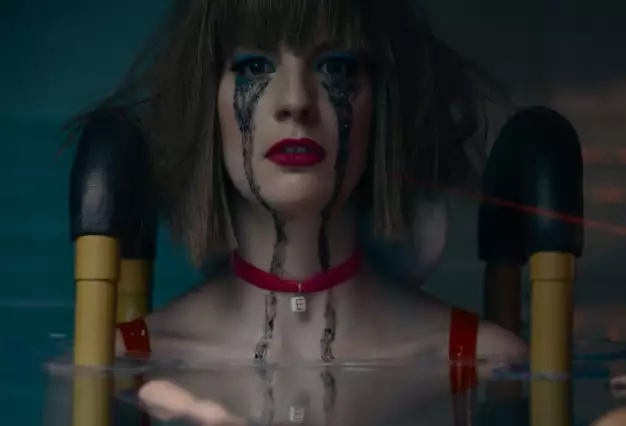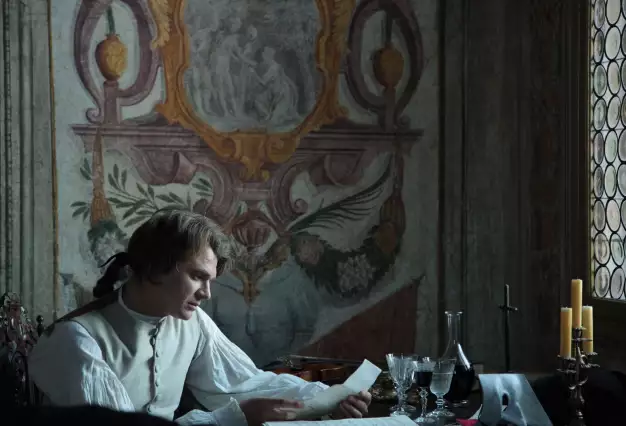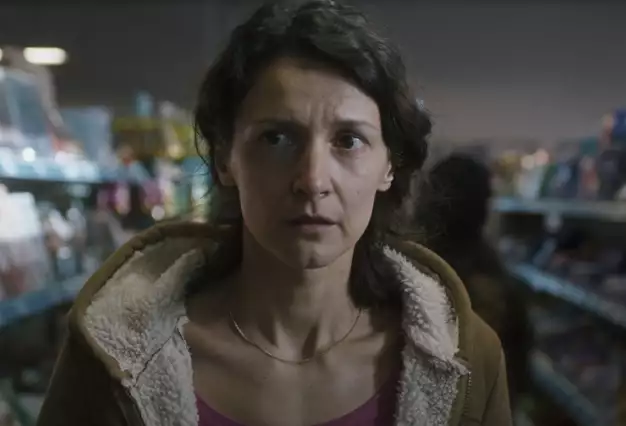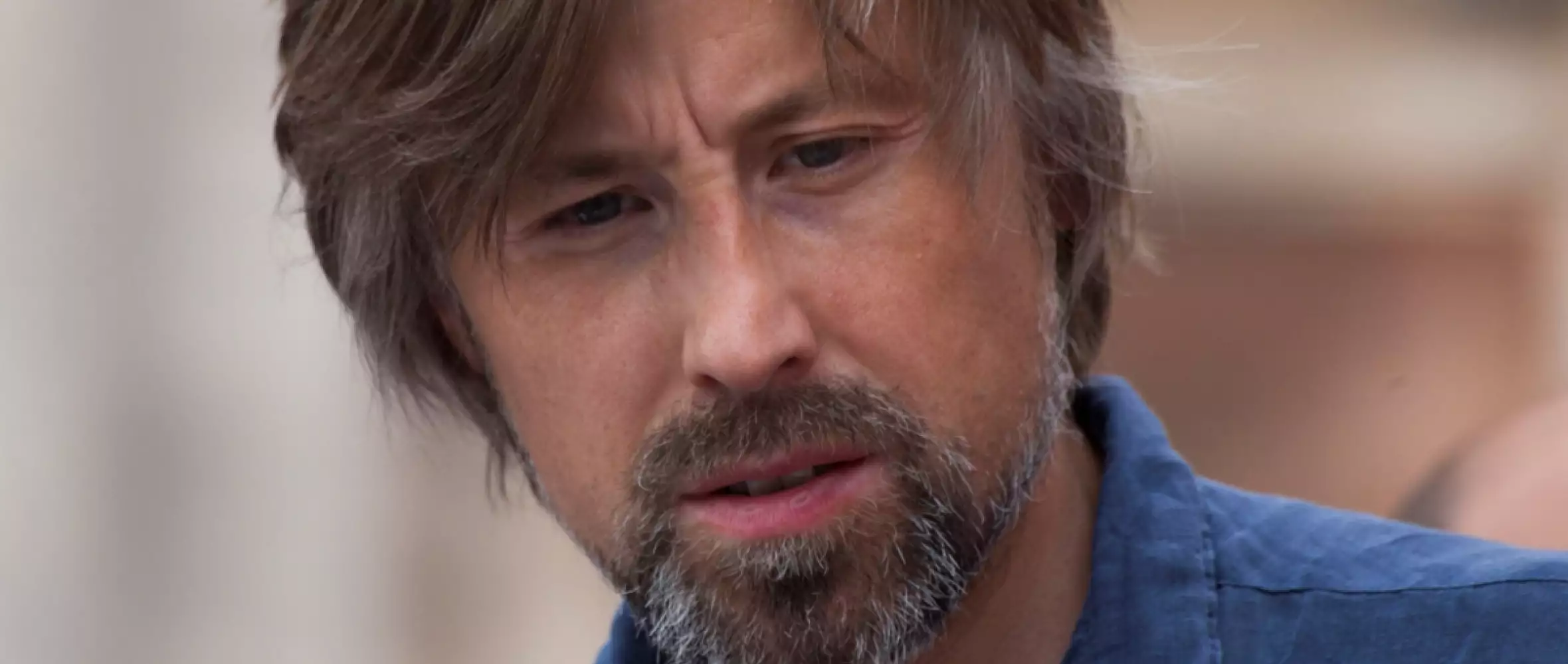
13 September 2016
Petr Václav
Director on a Roll
Petr Václav
Director on a Roll

Vaclav’s latest feature, We Are Never Alone (2016), employs his usual approach, following a group of seemingly unrelated characters. It premiered in Berlinale’s Forum and makes its North American debut at Toronto in the Contemporary World Cinema section.
Article by Irena Kovářová for Czech Film Magazine / Fall 2016
Emotional authenticity and striking imagery: these are the hallmarks of a Petr Vaclav film, and they were there from the very beginning — in his remarkable student film Madame Le Murie (1993, Student Academy Awards nomination) and his visually sumptuous feature debut, the social drama Marian (1996, Silver Leopard at Locarno; distributed in the US, France, and the Netherlands). He continued down this path with his psychological study of a couple’s troubled relationship in Parallel Worlds (2001), then returned to the topic of his first feature in The Way Out (2014), which premiered in Cannes’s ACID section and went on to receive distribution in France. His latest feature We Are Never Alone premiered in Forum at Berlinale and is part of Contemporary World Cinema selection at Toronto IFF this year.
Says the director: “I wanted to make a film without one main character and describe a world where people’s freedom is cruelly relative — where the story isn’t created by characters who are fully free. The story is happening to the characters, forming and creating them. It’s not that they’re passive, but all of their actions are crushed by a maelstrom of fate that is stronger than they are, by their outer and inner limitations.”
“We’re emotionally and ideologically very dependent creatures,” Vaclav continues. “This leads to a sense of loneliness, sadness, frustration, which in turn give birth to anxiety, even anger. The story takes place in a contemporary postindustrial Europe stunned by unemployment and terrorism. These give rise to an often irrational fear of the future, a fear of the loss of identity and an overall dissatisfaction. Plus the desire for revenge. As a result, my characters either run away, escaping into their own private passions and vicious circles, or on the other hand, they see a way out through the radical search for a new Führer.”
The film’s combination of black-and-white and color scenes underlines his archetypical approach to storytelling, as the clash between the hues illustrates the gaping chasms between the characters and their perception of the world.
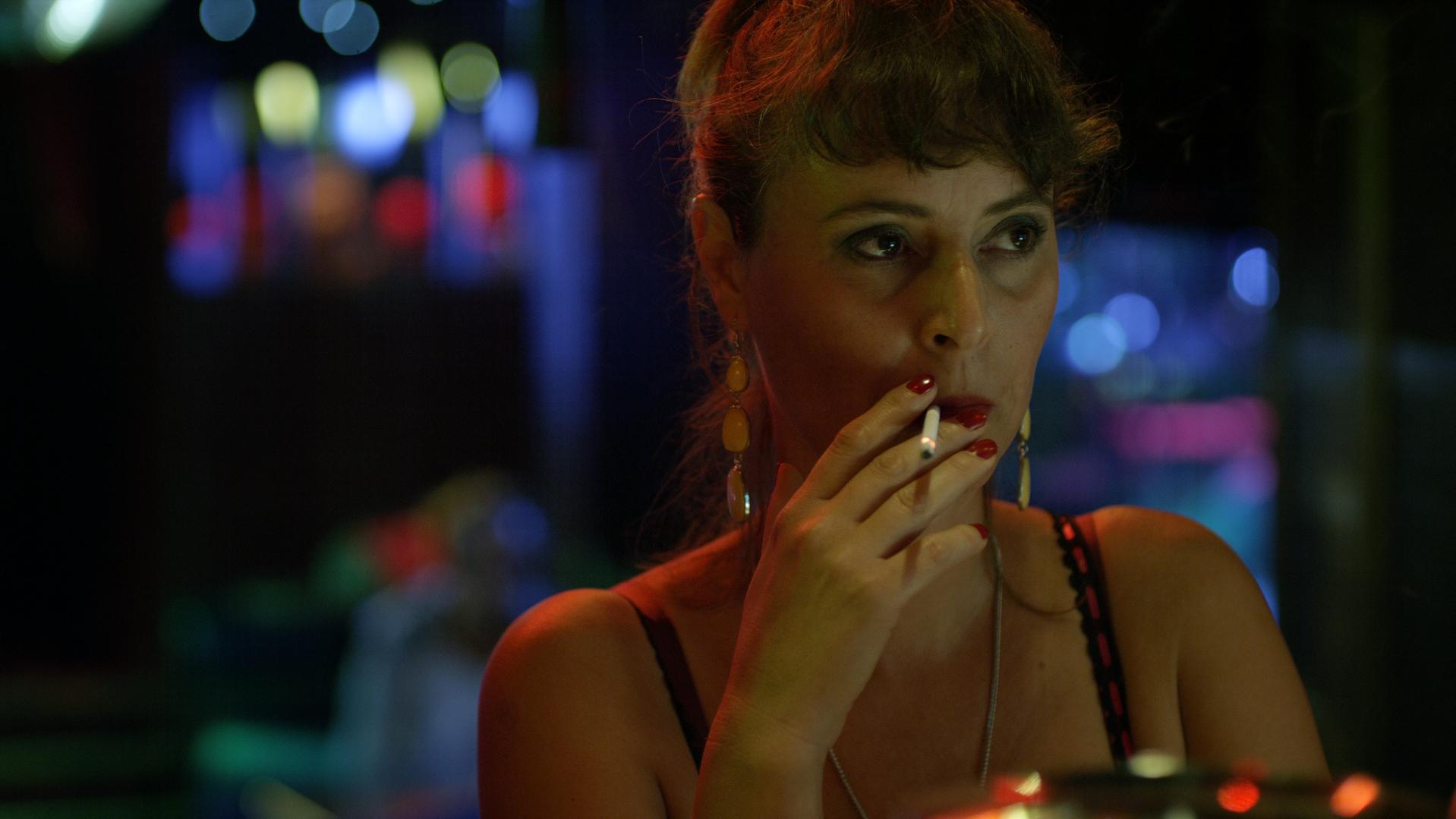
After he moved to Paris, in the late ’90s, Vaclav worked incessantly on several scripts, devoting extreme amounts of time to research on location for his most ambitious project so far: Il Boemo, the 18th-century story of Josef Mysliveček, who rejected a comfortable bourgeois life as the eldest son of a Prague master
miller in order to pursue his dream of becoming a composer in Italy. There, Il Boemo (“The Bohemian”), as he was known, found fame and love, and met his demise, while also becoming a friend and mentor to the young Mozart. “Mysliveček’s fate tells how a career can be made, and how, like love, it can just as easily be lost,” Vaclav writes in his treatment for the film.
Like a pressure cooker letting off steam, after his relative silence in the naughts, the director is now churning out a film a year in rapid succession. Jan Macola, Vaclav’s producing partner for Il Boemo, shares with the director an understanding of the careful preparation that an opus like this requires.
“I always approach the memory of real people with respect. I try to be accurate wherever evidence of their lives has been preserved. Still, my interpretation of Mysliveček is fictional — there may be no other way. I want to show the psychology and character of the protagonists through his music and performances of it.” Citing Stanley Kubrick’s Barry Lyndon as a stylistic influence, Vaclav said he sought to “get as close as possible to the most beautiful nuances of natural light.”
Along with this period film, Vaclav is currently developing a science fiction project titled Resurrections, a vision of society in the not-so-distant future, when social and ecological problems have reached the breaking point — a mirage based on current reality.
Seeking authenticity in his films, whether set in past, present, or future, Vaclav sees these two projects as twins: “It’s important to think about our headlong rush toward the future. If we only make films about the past, we give up on the future and taking an active stance on the current world. But we can’t give up on the past either. It allows us to understand our present and gives us tools for the path ahead.”
Vaclav is a director of range and energy. After We Are Never Alone, he went straight into making another feature, the road movie Skokan. It’s a hybrid film shot with a minimal crew, following a down-on-his-luck young man on a journey of personal discovery from Prague to France. Look for it to be released in early 2017.


